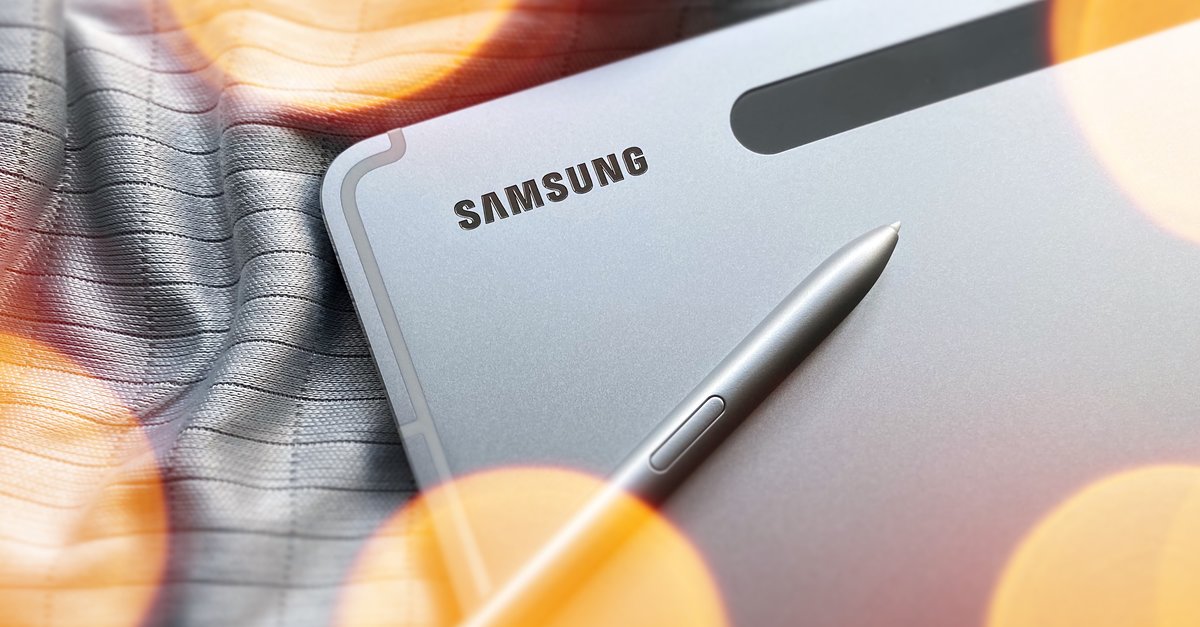China manufacturer hits the wall in Germany
NIO is now selling its electric cars in Germany instead of just relying on a subscription model. What was intended as a good step could backfire. Because the brand from China demands from 12,000 euros in addition to the already high purchase prices as costs for the battery – and that is still the cheapest.
That’s how much NIO’s e-cars cost – with and without a battery
NIO reacted quickly to the disappointment and is no longer only offering its three electric cars ET5, ET7 and EL7 for rent. But the purchase price has washed up, especially the surcharge for the battery: depending on the choice 12,000 euros or even 21,000 euros extra costs towards potential e-car customers.
The official sales prices are now also fixed, as NIO itself states: The entry-level model, the electric sedan ET5, is available from 49,900 euros. The E-SUV EL7, which NIO says is also a mid-range vehicle, starts at 73,900 euros. The Chinese brand’s flagship premium sedan ET7 starts at €69,900. However, as NIO openly shows, these prices are no real final prices.
Even interested e-car fans could monthly plus of 169 euros or 289 euros scare off. Because that’s how much NIO takes if you decide to rent a battery. The price differences arise for the basic battery with a capacity of 75 kWh or the long-range version with 100 kWh. When buying, the smaller battery costs the mentioned 12,000 euros extra, while the larger one costs 21,000 euros.
So who, for example, SUV EL7 and also wants to be the owner of the e-car battery, does not pay 73,900 euros, but a proud 94,900 euros – other additional equipment is not included.
The automatic battery change is the great unique selling point of the e-cars from NIO:
China e-cars have to prove that they offer good value for money
For example, compared to a Tesla Model S, customers at NIO can find even cheaper prices. It is questionable whether the rush will be as great as hoped. According to a survey, the lower price would be one of the strongest arguments for the still unknown electric cars from China for German buyers. But for the quality must also match. However, the example of the MG4 shows that there could still be some catching up to do. It remains to be seen whether this also applies to NIO.


